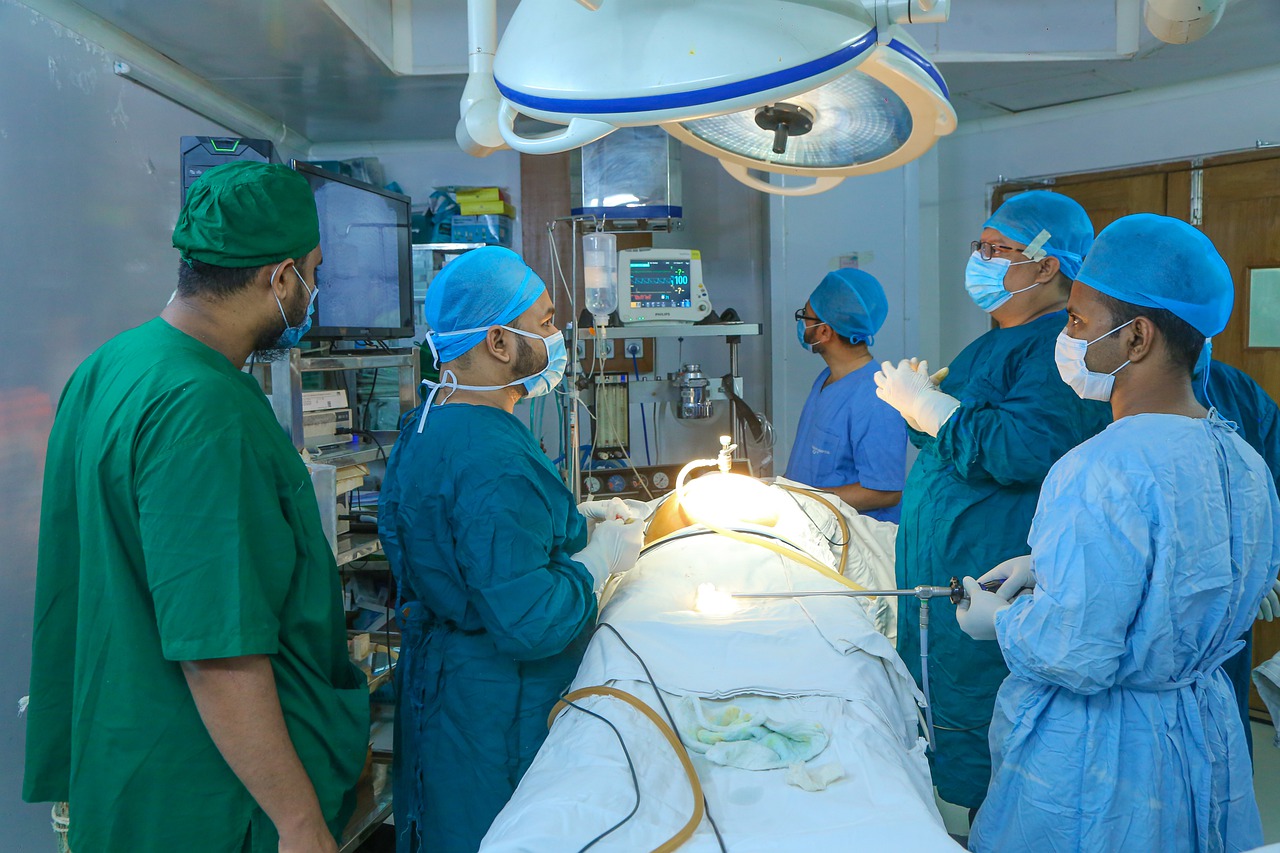
London – Surgeons in the US have managed to successfully transplant a pig kidney into a human. It is the first time the procedure has been completed without the human immune system rejecting it.
Medical professionals say this could pave the way for future transplant procedures. But animal welfare organisations argue the concept is unethical.
Doctors conducted the procedure at NYU Langone Health in New York City. Previously, the human immune system has rejected similar transplants due to the presence of alpha-gal, a sugar molecule found in pig cells.
Scientists removed the molecule using gene-editing technology to combat this response. The patient who underwent the surgery had kidney dysfunction and had been pronounced brain dead.
The individual’s family consented to the procedure before the patient was removed from life support.
Researchers attached the pig’s kidney to the patient’s blood vessels. They then maintained the organ outside of the human body for three days to observe it.
The patient’s auto-immune response did not reject the kidney. Instead,her creatinine levels, which often rise alongside kidney dysfunction, returned to normal. Researchers believe the development could help critically ill patients.
Transplant surgeon Dr Robert Montgomery, who has had a heart transplant himself, says the procedure could be trialled in patients with end-stage kidney failure in the coming years. The trials could offer short-term solutions for the critically ill until a human kidney becomes available.
In the US alone, nearly 107,000 people are waiting for organ transplants. This includes more than 90,000 people who are in need of a kidney. The average wait time for a kidney, on average, is three to five years.
The researchers involved in the procedure worked alongside medical ethicists, as well as ‘legal and religious experts’, before asking the family for consent.
But others argue that the procedure is unethical regardless of context, Plant Based News says.
People for the Ethical Treatment of Animals (PETA), thought to be the largest animal rights organisation in the world, believes the organ shortage can be solved without animal involvement.



